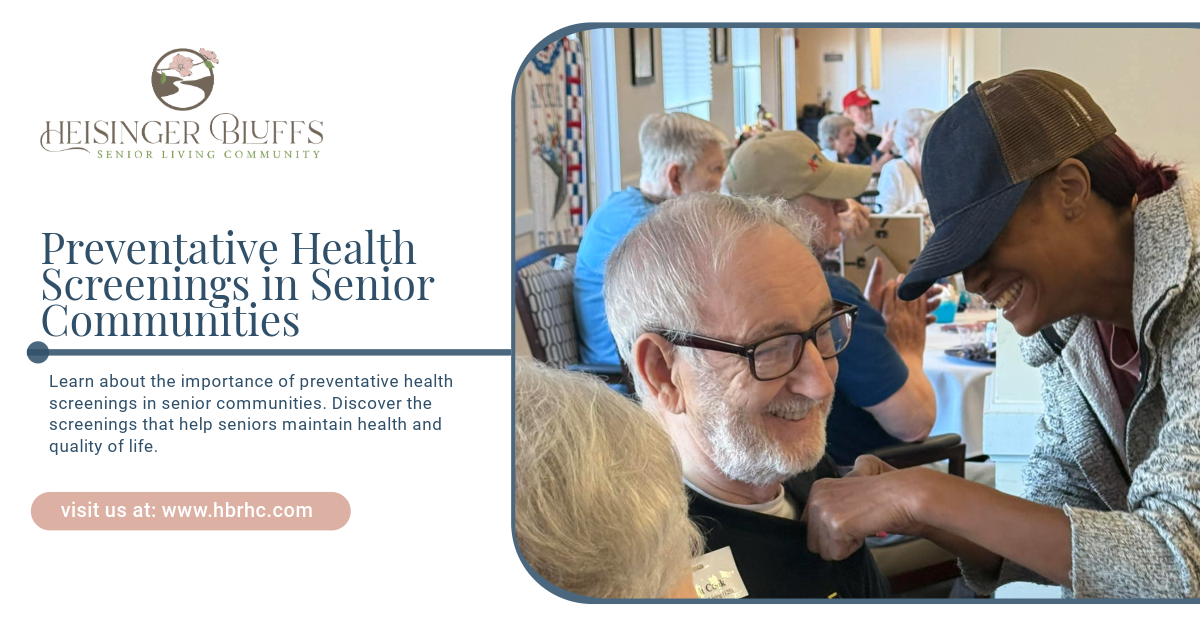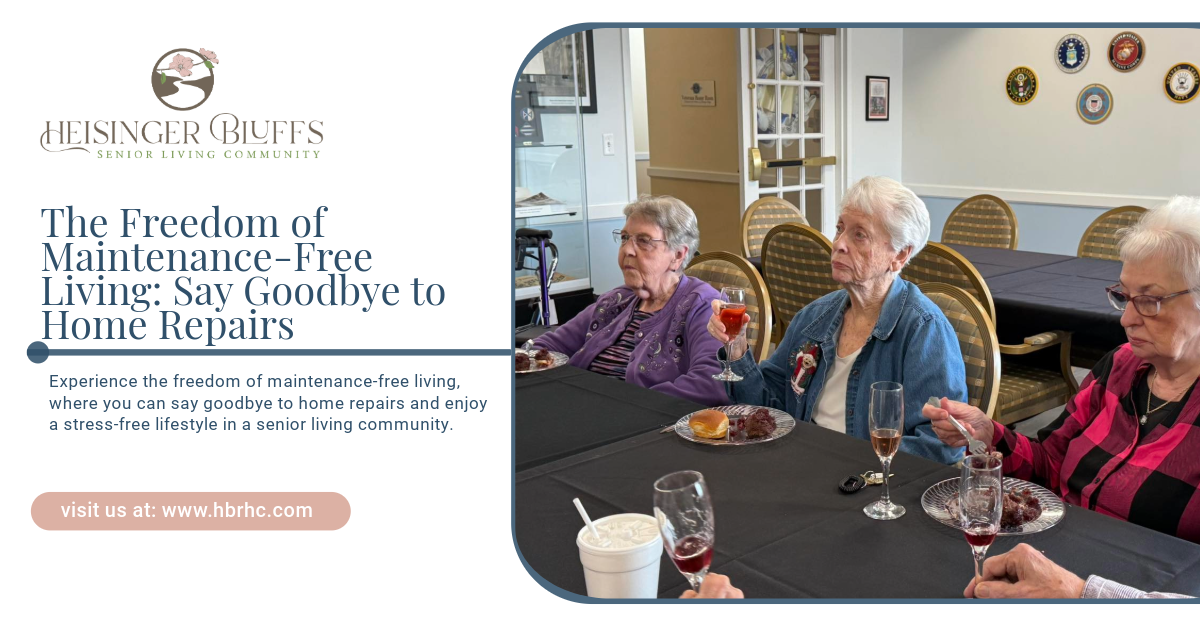Recognizing the Signs of Caregiver Burnout and When to Seek Help

Caregiving can be an incredibly rewarding experience, but it can also be one of the most demanding roles a person can take on. Whether you're caring for a loved one with a chronic illness, a disability, or simply providing assistance to an aging parent, the emotional, physical, and mental strain of caregiving can quickly take its toll. When a caregiver becomes overwhelmed, burnout can occur, leading to exhaustion, frustration, and even health issues for both the caregiver and the individual they are caring for.
Recognizing the signs of caregiver burnout and knowing when to seek help are essential steps in maintaining both your well-being and the quality of care you provide. In this blog post, we’ll explore the signs of caregiver burnout, the impact it can have, and when it’s time to reach out for support.
What is Caregiver Burnout?
Caregiver burnout is a state of physical, emotional, and mental exhaustion caused by the demands of caregiving. It occurs when a caregiver becomes overwhelmed by the constant demands of caring for a loved one and neglects their own health, emotional needs, and self-care. Caregiver burnout is common, and while it’s a normal part of caregiving, it’s essential to recognize the signs early to prevent it from escalating.
The Signs of Caregiver Burnout
Caregiver burnout can affect individuals in different ways, but there are several common signs to watch for. These symptoms may develop gradually over time, so it’s essential to stay aware of how you’re feeling and to recognize when you may need to take a step back.
1. Physical Symptoms
Caregiver burnout often manifests itself physically. The constant strain of caregiving can leave you feeling tired, drained, and physically unwell. Common physical signs of burnout include:
- Chronic fatigue or exhaustion – Feeling constantly tired, no matter how much rest you get.
- Frequent headaches or muscle aches – The stress of caregiving can lead to physical tension, headaches, and other aches and pains.
- Sleep disturbances – Insomnia or disrupted sleep patterns are common in caregivers who feel the weight of their responsibilities.
- Changes in appetite – Burnout may cause you to either overeat or lose interest in eating, leading to changes in weight.
2. Emotional Symptoms
In addition to physical symptoms, caregivers may also experience a range of emotional changes as they struggle with burnout. These emotional signs include:
- Feelings of frustration or irritability – Caregivers often feel overwhelmed by the never-ending tasks, leading to heightened frustration.
- Sadness or depression – The emotional toll of caregiving can contribute to feelings of sadness or even depression, especially if the caregiver feels isolated or underappreciated.
- A sense of guilt or inadequacy – Many caregivers feel guilty for not doing enough, not being “perfect,” or for needing help.
- Anxiety – Worrying constantly about the well-being of your loved one, or whether you’re doing enough, can lead to anxiety.
3. Behavioral Symptoms
The behavioral changes associated with caregiver burnout may affect a caregiver’s ability to provide consistent and high-quality care. These behaviors may include:
- Withdrawal from social activities – Caregivers may start avoiding social interactions, feeling too exhausted or emotionally drained to engage with others.
- Neglecting personal needs – Burnout may cause caregivers to neglect their own personal hygiene, diet, or exercise routine, as they focus all their energy on caring for their loved one.
- Decreased patience or tolerance – Caregivers who are burned out may have difficulty showing patience, especially if they feel overwhelmed by their responsibilities.
- Increased substance use – Some caregivers may turn to alcohol, smoking, or other substances to cope with stress and exhaustion.
4. Cognitive Symptoms
Caregiver burnout can also affect a person’s ability to think clearly and make decisions. Cognitive signs include:
- Difficulty concentrating – Mental fatigue can cause difficulty focusing on tasks, even simple ones.
- Memory problems – Forgetting appointments, medication schedules, or important details can be a sign that the caregiver’s mental load is too heavy.
- Indecisiveness – Caregivers may feel uncertain about their decisions or worry about making mistakes.
The Impact of Caregiver Burnout
Caregiver burnout is not just a personal issue—it also affects the quality of care provided to the individual receiving care. When caregivers are burned out, they may not be able to give their best to their loved ones. Additionally, burnout can lead to serious health consequences for the caregiver themselves, including physical ailments, mental health struggles, and chronic conditions.
1. Impact on the Care Recipient
When a caregiver becomes burned out, the care recipient may experience:
- Decline in the quality of care – Caregivers who are exhausted, emotionally drained, or stressed may be less attentive, leading to a decline in the quality of care they provide.
- Increased stress for the care recipient – If the caregiver is less patient or attentive, the care recipient may feel additional stress or anxiety.
- Health risks for the care recipient – Neglecting self-care or missing essential healthcare appointments due to burnout can negatively impact the health of the care recipient.
2. Impact on the Caregiver
The physical, emotional, and cognitive toll of burnout can lead to serious consequences for the caregiver, such as:
- Chronic health issues – Ongoing stress and lack of rest can contribute to chronic conditions, including high blood pressure, heart disease, and digestive issues.
- Mental health struggles – Depression, anxiety, and other mental health conditions can arise from prolonged burnout.
- Relationship strain – Caregiver burnout can affect relationships with family members, friends, and even the person being cared for. Caregivers may feel resentful or withdrawn, straining communication and emotional bonds.
When to Seek Help
It’s important to know when to seek help to prevent burnout from spiraling into a crisis. Asking for help doesn’t mean you’ve failed—it simply means you’re taking the necessary steps to ensure both you and your loved one are supported. Here are some signs that it’s time to reach out for help:
1. You Feel Overwhelmed or Out of Control
If you feel that the demands of caregiving are overwhelming or that you’ve lost control over the situation, it’s time to reach out for support. No one can do it all alone, and it’s okay to ask for help.
2. Your Physical or Mental Health Is Suffering
If you’re neglecting your own health, experiencing persistent physical symptoms, or struggling with your mental health, seeking help is essential. Prioritizing your well-being is not only good for you but also for your loved one’s care.
3. You Are Struggling with Decision-Making
If you find it difficult to make decisions, such as whether your loved one needs more help or when to seek medical attention, it may be time to talk to a healthcare professional or caregiving advisor.
4. You Have No Time for Yourself
Self-care is crucial, and if you’ve neglected your own needs for too long, it’s a clear sign that you need support. Taking time for yourself helps you recharge and become a better caregiver.
How to Get Support
There are several ways to seek support when you’re experiencing caregiver burnout:
1. Reach Out to Family Members
Share your feelings with family members and ask for help. They may be able to step in to relieve some of your caregiving responsibilities.
2. Hire Professional Help
Consider hiring professional caregivers, home health aides, or respite care services to provide temporary relief.
3. Join Support Groups
Caregiver support groups can provide a safe space to talk with others who understand your struggles. These groups offer emotional support, advice, and shared experiences.
4. Seek Counseling
Talking to a counselor or therapist can help you process the emotions and stress that come with caregiving. Mental health professionals can guide you in managing burnout and maintaining emotional balance.
How can I recognize the signs of caregiver burnout?
Common signs of caregiver burnout include physical exhaustion, emotional fatigue, irritability, anxiety, depression, neglecting self-care, and difficulty concentrating. These symptoms may vary but are important to recognize early to avoid worsening burnout.
What should I do if I’m experiencing caregiver burnout?
If you’re experiencing burnout, it’s essential to seek help. Talk to family members, hire professional caregivers for relief, join a support group, or consult with a counselor to manage stress and regain balance in your life.
Can caregiver burnout affect the person being cared for?
Yes, caregiver burnout can affect the quality of care provided, leading to additional stress for the care recipient. It’s essential to address burnout to ensure that both caregivers and those they care for receive the support they need.
Resources:
- https://www.hopkinsmedicine.org/about/community-health/johns-hopkins-bayview/services/called-to-care/causes-symptoms-caregiver-burnout
- https://www.mayoclinic.org/healthy-lifestyle/stress-management/in-depth/caregiver-stress/art-20044784
- https://www.health.ny.gov/diseases/chronic/
- https://www.healthline.com/health/health-caregiver-burnout
Conclusion
Caregiver burnout is a serious issue that affects many people who provide care to their loved ones. Recognizing the signs early and seeking help when needed is crucial for both your well-being and the health of the person you’re caring for. Remember that caregiving is a journey, and taking care of yourself ensures that you can continue to provide the best care possible. If you’re feeling burned out, don’t hesitate to ask for help—whether it’s from family members, professional services, or support groups.
At Heisinger Bluffs, we understand the challenges caregivers face, and we offer a supportive environment to help both caregivers and seniors thrive. Our community provides various resources and support services to ensure that everyone’s needs are met, from respite care to social programs for seniors. If you’re seeking help or advice, we’re here for you.











